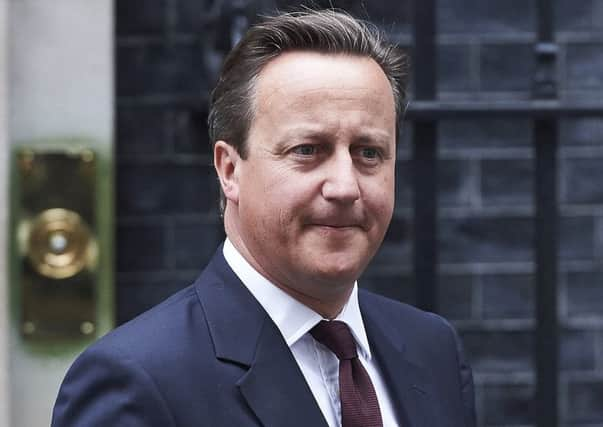Evel proposals ‘driven by political need’


Sir William McKay, whose commission’s proposals formed the starting point for the current Tory government plan for Evel, also told the Scottish Affairs committee that an English veto will “create resentment.”
However, the leading constitutional expert also attacked an SNP plan to put Evel into law claiming it would be “a dog’s breakfast” and would mean decisions in parliament on English only matters would “inevitably end up in the courts.”
Advertisement
Hide AdAdvertisement
Hide AdSir William was addressing the first public hearing of the Commons Scottish Affairs committee since the election in May under the new chairman SNP Perth and North Perthshire MP Pete Wishart.
Also giving evidence were Professor Charlie Jeffery, Professor of Politics at the University of Edinburgh and Michael Clancy, Director of Law Reform, Law Society of Scotland.
Asked by Mr Wishart whether there was a need for Evel, Sir William told MPs: “There is probably a stronger political need than a practical need.”
However, Prof Jeffery said that every survey of English voters showed that they are “dissatisfied with the way they are governed” which meant there was a need for change.
He added that there “is a need to look at the bigger picture” and suggested that the Barnett Formula which guarantees a generous financial settlement for Scotland should go.
When Mr Wishart pointed out that the Barnett Formula was protected by “the Vow” made at the end of the referendum by Mr Cameron and the other UK leaders, Prof Jeffery dismissed it.
He said: “It only appeared on the front of a daily newspaper which is a strange sort of constitutional document.”
Sir William and Mr Clancy then clashed on whether the SNP proposal to put Evel into law rather than rely on changing standing orders as pushed for by the government should happen.
Advertisement
Hide AdAdvertisement
Hide AdSir William warned: “It would be a dog’s breakfast [to put it into law]. It would inevitably be challenged in the courts.”
Later the witnesses were asked by Tory MP Christopher Chope whether there needed to be less ambiguity about the proposals.
But Sir William replied: “Ambiguity has kept the British constitution working. When you solve the problems like giving the English a veto then you open the way to resentment by those who do not get a veto.”